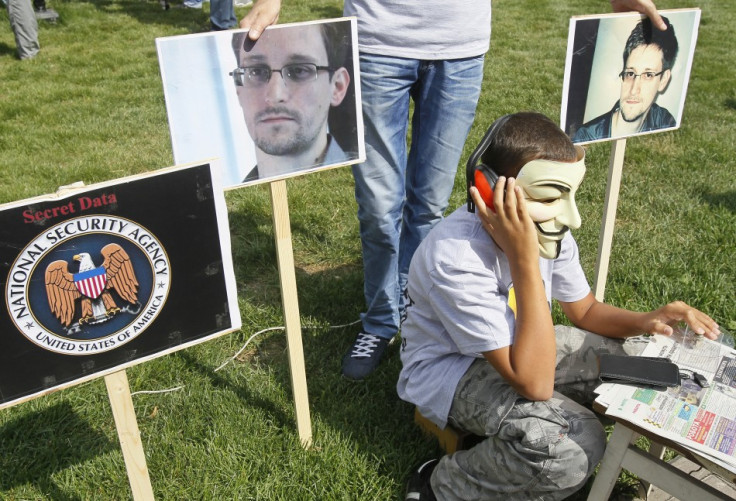US and EU Shrug Off Edward Snowden's NSA Revelations to Resume $200bn Trade Deal Talks

The US and European Union are shrugging off tension from Edward Snowden's National Security Agency spying revelations by starting talks on the world's largest trade and investment agreement.
After two years of preparation, US and EU leaders will start talks on Monday, which are aimed at securing a free-trade agreement worth potentially $100bn (£65.5bn, €77bn) a year for each party.
"We go into these negotiations with the goal of achieving the broadest possible, most comprehensive agreement that we can," said US Trade representative Mike Froman in a statement.
The proposed Transatlantic Trade and Investment Partnership (TTIP) pact will be the world's biggest free-trade deal, if US and EU leaders sign on the dotted line.
The TTIP covers 50% of global economic output, 30% of global trade and 20% of global foreign direct investment.
Influential think-tank, The Centre for Economic Policy Research in London, has said that the agreement will eliminate tariffs and reduce regulatory barriers once the TTIP is fully implemented and will encourage $200bn a year in economic growth in total, for the US and EU.
However, key talks were thrown into doubt recently, after whistleblower Snowden unleashed damaging reports about the US spying on private individuals, to foreign embassies across the world.
Last week, Britain's government warned the EU not to squander "once-in-a-lifetime" trade talks after France demanded a temporary suspension to thrashing out any agreement.
"As set out by the European Commission (EC), single or specific issues should not delay what is a collective EU-wide process," a Department for Business spokeswoman told IBTimes UK.
"A EU-US free-trade agreement is a once-in-a-lifetime opportunity to liberalise trade between the world's two largest trading blocs and drive growth across the UK, Europe and US. It's vital that we don't let this opportunity slip."
EC president Jose Manuel Barroso said that EU-US trade negotiations "are and will remain a top priority".
"In parallel, it is important to address concerns that have been clearly expressed on the European side on some intelligence activities and also on the implication for privacy and data protection," Barroso said at a press conference.
Even though US and EU leaders are now resuming trade talks, many experts believe that the negotiations could stretch into 2015.
However, US officials are keen to be seen as acting as quickly as possible to reach a deal, after being chastised in the past for a decade of fruitless world trade negotiations in Doha.
"If we're going to go down this road, we want to get it on one tank of gas," said Froman earlier this year, when he was Obama's international economic affairs adviser.
"We don't want to spend 10 years negotiating what are well-known issues and not reach a result."
Related Articles:
Edward Snowden and NSA: Worrying Times for Bilderberg Trade Lobbyists
UK Warns EU: Don't Blow $200bn US Trade Talks Over Edward Snowden NSA Scandal
© Copyright IBTimes 2025. All rights reserved.






















